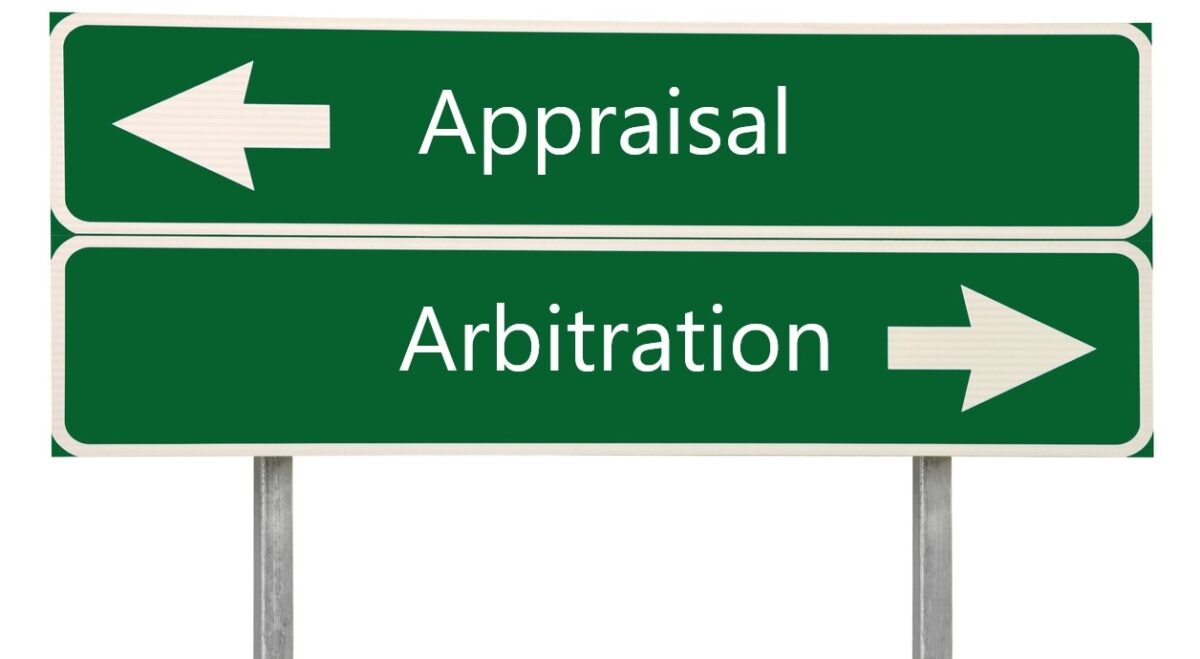As I discussed in Alabama Bad Faith: Part 1, Alabama distinguishes between bad faith refusal and bad faith delay cases.
Alabama recognizes a cause of action for a carrier unreasonably delaying handling an insurance claim. The majority of the law in Alabama regarding bad faith focuses on refusal or denial cases, but some case law addresses the delay claim.
To establish a bad faith claim the policyholder must first establish that the carrier denied the claim.1
The denial may be an actual (express) denial or a constructive denial. An express denial often involves correspondence from the carrier to the policyholder expressly denying coverage for the claim.
A policyholder may establish a constructive denial by showing either:
- a passage of time so great that the delay alone creates a denial; or
- a sufficient delay in payment coupled with some wrongful intent by the insurance carrier.2
So how long is sufficient to establish delay under Alabama law? The answer is unclear. The courts found that six weeks before acknowledging coverage was insufficient to constitute a constructive denial under Alabama law. Similarly, the delay of less than five months before the carrier agreed to extend coverage standing alone was insufficient evidence of bad faith.
Establishing the delay has proved difficult in Alabama. The courts advise that mere delay does not constitute unreasonable delay in the investigation of a claim if there is a bona fide dispute on coverage. Likewise, mere delay in payment does not rise to the level of bad faith if there is a bona fide dispute on damages.
The courts provide that the carrier’s obligation to pay or evaluate the validity of a claim does not arise until the policyholder complies with the terms of the policy. The courts further warn that merely demanding payment is not sufficient either. The policyholder must present the carrier with evidence supporting the demand. How much evidence? Unfortunately, no clear answer exists.
For policyholders and their representatives working in Alabama, the best recommendation is to collect all evidence in support of coverage, damages and payment accurately and quickly. Promptly provide all information and the supporting documentation to the carrier for its review. The goal in every claim is making the policyholder whole after he or she suffers a loss and effectively documenting the damages is the necessary groundwork to achieve this goal.
1 New Hampshire Ins. Co. v. Blue Water Offshore, LLC, 2008 WL 682400, *2 (S.D. Ala. Mar. 7, 2008).
2 Congress Life Ins. Co. v. Barstow, 799 So.2d 931, 937-938 (Ala. 2001).



